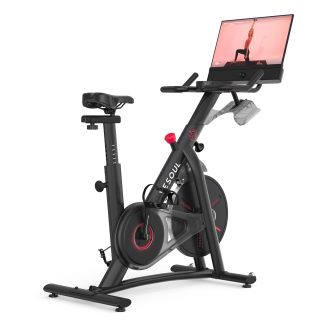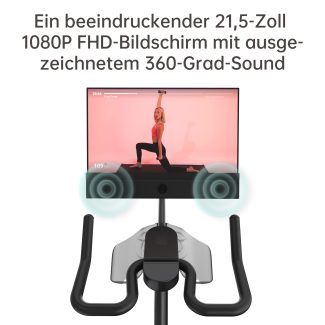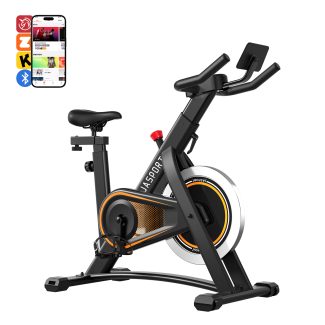Optimizing Your Blog Posts for Improved SEO Results
Welcome to our comprehensive guide on crafting blog posts that rank well in search engine results. In this article, we will delve into the intricacies of optimizing your content to boost visibility and engagement. Whether you’re a seasoned SEO writer or just starting out, these tips will help you fine-tune your approach and enhance your online presence.
Understanding SEO and Its Impact
Before we dive into the specifics of optimizing your blog posts, let’s take a moment to understand the fundamentals of Search Engine Optimization (SEO) and why it’s crucial for digital success. SEO is the practice of optimizing content to rank higher in search engine results pages, ultimately driving organic traffic to your website.
The Significance of Keywords
Keywords form the foundation of SEO. They are the terms and phrases that users type into search engines to find relevant information. By strategically incorporating target keywords into your blog posts, you can increase the likelihood of your content appearing in search results.
Keyword Research
- Begin by conducting thorough keyword research to identify relevant terms in your niche.
- Utilize tools like Google Keyword Planner and SEMrush to uncover valuable insights.
- Target long-tail keywords for specific, high-intent search queries.
Crafting an Effective Blog Title
Your blog post title plays a pivotal role in attracting readers and search engines alike. Follow these guidelines to create a title that resonates with your audience and boosts SEO performance:
Short and Punchy Titles
Aim for concise titles that succinctly convey the essence of your content. Avoid overly long titles that may dilute the impact of your message.
Relevant Keywords
Integrate targeted keywords naturally into your title to signal to search engines what your post is about. This helps improve visibility for users searching for related topics.
Creating Curiosity
Intrigue your audience with a title that piques their interest and compels them to click through to read more. Use power words and compelling phrases to spark curiosity.
Structuring Your Blog Post for Success
An effective blog structure enhances readability, engagement, and SEO performance. Follow these guidelines to organize your content for maximum impact:
Introduction: Setting the Stage
Begin your blog post with a captivating introduction that provides an overview of what readers can expect. Clearly define the topic and relevance of your content to hook the audience from the start.
Main Sections and Subsections
Divide your content into at least three main sections, each supported by relevant subsections. This hierarchical structure not only enhances readability but also helps search engines understand the thematic flow of your post.
Supporting Details and Examples
Enrich your main points with concrete examples, statistics, and case studies. Providing supporting details adds depth to your content and reinforces your arguments.
Visual Elements
Incorporate images, infographics, and videos to break up text and engage users visually. Visual elements not only enhance reader experience but also contribute to SEO through alt text and metadata optimization.
Concluding Thoughts
In conclusion, optimizing your blog posts for SEO is a multifaceted endeavor that requires attention to detail and strategic planning. By implementing the tips outlined in this guide, you can elevate your content’s visibility, attract a wider audience, and drive organic traffic to your website.








